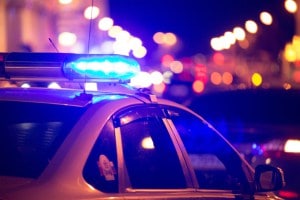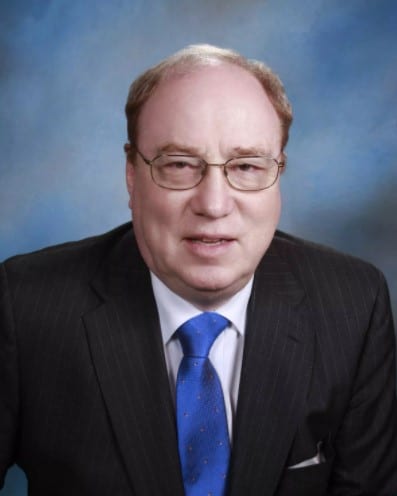Does the First Amendment Protect Citizens Recording the Police?

Freedom of speech – the ability to freely speak one’s mind – is protected by the Bill of Rights. Freedom of speech allows citizens to voice their opinions and criticize or praise politicians, elected officials, their policies and practices, and more; nevertheless, there are limits. For instance, shouting “fire” in a crowded theater is not protected by the Bill of Rights. Shouting “fire” in a crowded theater starts a panic, and patrons would be hurt trying to exit.
Recently, a federal court asked: Does freedom of speech protects citizens when they record the police? The judge ruled that unless the citizens intend to actively criticize the police, the First Amendment does not protect citizens from recording the police. The judge wrote that a citizen just standing and silently taping police officers is not expressive enough to qualify for First Amendment protection.
While some people applaud the ruling, many people disagree. This ruling is at odds with many other federal court rulings that hold the First Amendment protects citizens recording the police regardless whether the recorders are actively criticizing the police. In addition, according to this recent ruling, the First Amendment does not protect the vast majority of citizens who take videos that capture police abuse; none of those videos contain the expressiveness that this ruling says is necessary to warrant Constitutional protection. At times, police officers are unaware that citizens are taping them, and this lack of awareness is how the officers are caught being not truthful in their reports and in court. At the same time, videos may validate a police officer’s report or testimony.
Whether a citizen actively and expressively challenges or applauds the police or passively records the police should not matter. Opponents of this recent ruling assert that the First Amendment protects both active and passive recording. They posit that the First Amendment also protects citizens using money to speak their minds later. In addition, opponents of this recent ruling say that the First Amendment protects citizens joining organizations, in which they do not actively and expressively criticize the police at first but do so later. Therefore, opponents of this recent ruling assert, the First Amendment protects citizens taping events in public spaces.
The ability to publicly tape the police without fearing retaliation enables citizens to hold the government accountable and protect honest police officers. Americans have a long history of freely speaking their minds regardless of the circumstances and methods and regardless of which person or group they criticize. Freedom of speech is a fundamental right under the United States Constitution. Therefore, many people believe that this ruling will not stand and will be reversed.
If the police or a public official tries to stop you recording the police or a public official at a governmental office or in a public place, know this: You have rights and legal remedies. For more information, contact Nashville Attorney Perry A. Craft.

Perry A. Craft has dedicated his life to helping people in need. He has tried, settled, or resolved numerous civil and criminal cases in State and Federal courts, and has represented teachers and administrators before school boards, administrative judges, and the state Board of Education. Learn more about Attorney Craft.
